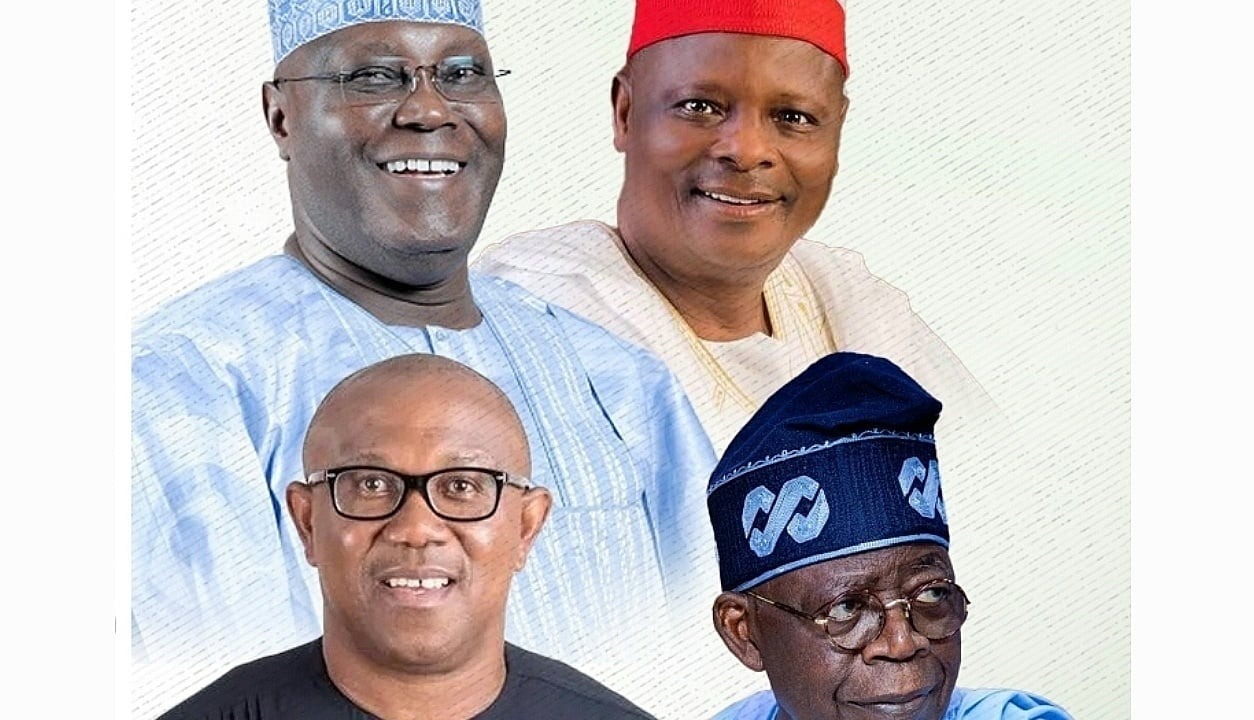“Rising Pressure: Opposition Parties Face Existential Crisis Ahead of 2027 Election”
 As the 2027 general elections approach, Nigeria’s opposition leaders and political parties find themselves in a race against time to organize, unite, and mount a serious challenge to the ruling All Progressives Congress (APC). Despite limited options, opposition figures have shown resilience, speaking out against the current administration and strategizing for the upcoming election.
As the 2027 general elections approach, Nigeria’s opposition leaders and political parties find themselves in a race against time to organize, unite, and mount a serious challenge to the ruling All Progressives Congress (APC). Despite limited options, opposition figures have shown resilience, speaking out against the current administration and strategizing for the upcoming election.
Rebranding and Alliances: A Path to Unity
Political analysts suggest that the opposition must rebrand and reorganize to broaden its appeal to a wider demographic. A united front is now more crucial than ever. Building coalitions and forming alliances will be key to countering the APC’s dominance in Nigerian politics. Leaders like Atiku Abubakar, one of the top opposition figures, remain optimistic about a possible upset in 2027. A source within Atiku’s camp, speaking confidentially, explained that opposition leaders are focused on the greater goal of saving the country from what they perceive as an impending catastrophe. “This time, the approach will be different,” the source hinted, referencing an ongoing realignment of forces.
Atiku’s Camp: The Stakes Are Higher
While position-sharing debates are not at the forefront, the opposition is united in recognizing the urgency of the situation. The source stressed that “we have a President who is becoming a full-blown dictator,” and that measures are being taken to address this. However, opposition leaders are cautious, with plans remaining secretive to avoid premature attacks from the ruling party. Notably, the possibility of creating a new political party has been ruled out.
Learning from 2023: Time for Unity and Sacrifice
Obiora Ifoh, National Publicity Secretary of the Labour Party (LP), reflects on the lessons learned from the 2023 election. “If all opposition votes had gone to a single candidate, the ruling party would have faced a much tougher challenge,” he noted, urging opposition parties to prioritize unity over personal ambitions. Ifoh emphasized that sacrifice and unity are essential for defeating the APC. He added, “This is not just about individual ambitions; it is about liberating the country.”
Ame’s Take on Internal Party Processes and Power Rotation
Chief Peter Ameh, National Secretary of the Conference of United Political Parties (CUPP), expressed concerns over the lack of internal cohesion within opposition parties, citing how the APC has successfully infiltrated opposition ranks. Ameh advised that figures like Atiku, Peter Obi, and Rabiu Kwankwaso, though all qualified, should place collective goals ahead of personal ambitions. “If the South is indeed due to produce the next President, opposition parties must make concessions and rally behind a single candidate,” he stressed. Ameh also called for more robust policy debates and credible alternatives to APC’s current policies.
The Importance of a Viable Opposition: Lessons from History
Ameh drew parallels with Nigeria’s political history, pointing to the role of opposition figures like Chief Obafemi Awolowo during the Second Republic, who provided strong checks on the ruling party. He believes that a united opposition can play a similar role in promoting good governance and accountability, ensuring the ruling party is held to account.
As opposition politicians continue to meet and strategize, there is cautious optimism that the 2027 election could mark a turning point. For now, much work lies ahead, but a united opposition with clear policies could be the key to revitalizing its fortunes and challenging the APC’s hold on power.
The Road Ahead: Unity, Strategy, and Hope
Looking toward 2027, the opposition must continue working towards a common goal, balancing internal unity and external challenges. The road ahead is difficult, but with a singular focus on offering credible alternatives, engaging in robust debates, and rallying behind a unified candidate, the opposition could potentially provide the check Nigeria needs on the ruling APC.
The 2027 election may be the opposition’s chance to reshape Nigeria’s democratic future and prove that unity and strategic action can lead to meaningful change.













